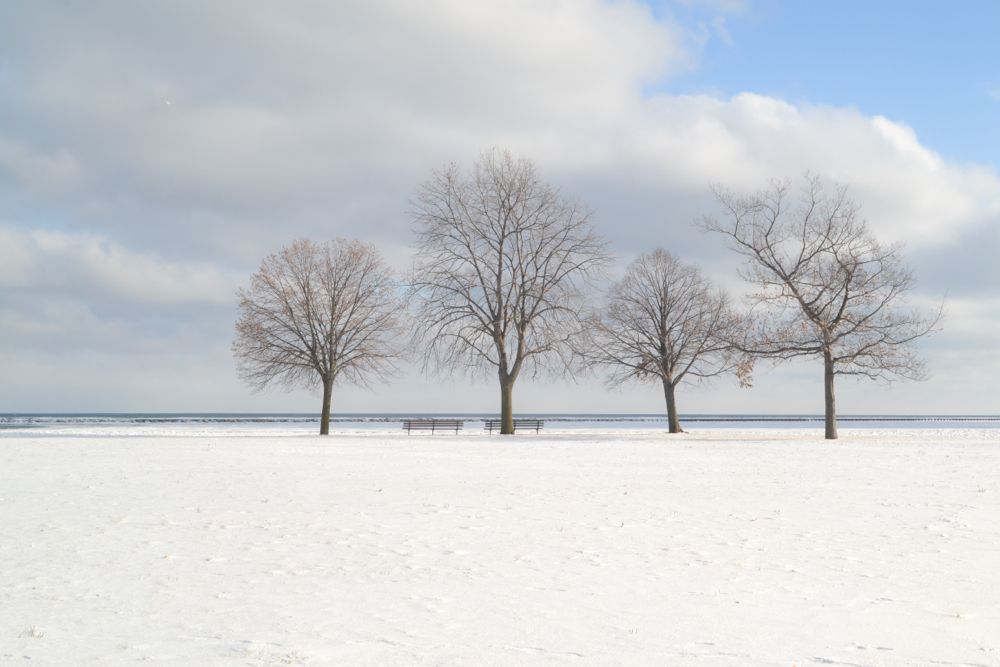My paternal grandmother’s name was Rose Marie DiNovo and she was an odd woman. She covered her upholstered furniture in clear plastic and was self-taught on the organ, which also had its own plastic cover. She insisted on playing for us within the first fifteen minutes of every visit. I can still see her, her back to us, starting and stopping, starting and stopping. It took her ten minutes to get through a three-minute song.
You would think a Sicilian woman would be a good cook, but Rose was not. She used her coffee grounds twice and boiled vegetables to beyond death. I don’t recall ever eating a single plate of Italian food at her house; our German grandmother was the one known for making great spaghetti.
Rose and my mother barely tolerated each other, and even as a small child I knew that the rift between them was long and deep. One time, while my mom went out with an old high school girlfriend, Rose, along with the girlfriend’s mother, babysat us kids and Rose said something very untoward about my mother in front of us. My brothers seemed oblivious, but I heard her. My ten-year-old self stared her down a little and she changed the subject.
Because my grandfather—his name was Mike—had heart disease, Rose did not cook with salt. To make up for it, she cooked with herbs she lovingly grew in a large garden just off the garage and alongside the fruit trees, which we kids spent a lot of time climbing. Rose grew things other than the standard tomatoes and cucumbers and beans in our garden at home, and I liked going up and down the rows looking at it all.
Although her cooking did not go over well with young children, my grandfather’s beer did. Mike made his own, in a small room with a dirt floor in the cellar. Every time we visited, he greeted us kids with “How ‘bout a shot and a beer?” and later, amidst Rose’s protestations, he’d take us down there and give us some of his homemade brew in tiny juice glasses.
Rose had a mole the size of a pencil eraser on her face. She was dark-skinned. When she started losing her hair, she a made a flat bun out of what she pulled out of her brush, and pinned it to the top of her head to hide her baldness.
She looked beautiful in her wedding picture. Everybody thought I looked like her, although I could never one-hundred-percent see it. One time I went to visit her at the mausoleum and my uncle was there, praying with his eyes closed. He caught his breath when he saw me.
“I thought you were Mom,” he said.
The day before Mike died, I drove from Cleveland to Pittsburgh to see him. He was in and out of consciousness. I sat at the end of his bed with my hand on his leg. At one point he came to; his bright blue eyes focused on me and shone like high-beams. He leaned toward me, arms outstretched.
“I think he thinks you’re Mom,” my father said.
I was well into my thirties and still had all four of my grandparents, which I came to find out was unusual, as most of my friends had only one or two left. I came to believe that it was a great privilege to be so old myself and still have these four eccentric and beautiful people in my life. They were a treasure.
Rose was our first grandparent to die. She hadn’t been feeling well and went into the spare bedroom in the front of the house, the one with the curtains made to look like someone had hand-painted scenes from China on them, to take a nap and she never woke up. Heart attack. Mike said that the moment she died, the anniversary clock on the fireplace mantel stopped. He never wound that clock again.
“This is how it starts,” I kept saying to myself. This is how it starts. Things will never be the same.
Rose was active in her church and made a lot of crafts there that she and the other church ladies sold in bazaars to help raise money for various causes around town. One time she gave me a doll she’d made out of a retired bowling pin; its eyes, nose, and mouth were drawn on with a black marker, and it wore a bonnet and cape made out of stiff gold velveteen.
When my ex and I married, Rose gave us a Jimmy Dean sausage cookbook (which incudes a recipe for sausage fudge) and several free recipe pamphlets that she’d written for from places like Quaker Oats, Snow-Floss Kraut, and the Beaver County Heart Association. She signed each one “To Cindy & Pat. November 14, 1981. Love, Granny.”
She gave me and my brothers eight-by-tens of my parents’ wedding portrait. I don’t know how she ended up with four extra eight-by-tens of our parents’ wedding portrait, but she did. When my youngest brother framed his and hung it in in the foyer of his house, my mother was pissed off to no end. She would have a fit if she knew I’ve scanned mine and put it on Facebook once or twice.
There were lots of people at Rose’s funeral, many of whom stayed afterward for a huge meal in the church basement. I kept thinking “I don’t have my grandmother anymore, just this stupid food” over and over in my head until I burst into tears and ran up the stairs into the sanctuary. This is how it starts. Things will never be the same.
After that the family went to my grandparents’ house and opened some wine. At one point my grandfather grabbed my arm and took me to the cellar, past the toilet in the corner and the room with the dirt floor where he used to make beer, into a large room I’d never been in before lined with metal shelves filled with boxes of Rose’s craft supplies. Mike took me up and down the aisles, showing me boxes of oilcloth, fake greenery, and floral ribbon.
One box was filled with large metal mixing spoons, the kind that cooks in a commercial kitchen might use. Except these were flimsy—their edges were sharp and they didn’t feel good in your hand. Mike reached in and grabbed two or three.
“Here,” he said as if pressing precious stones into my palm, “take these.”
Back upstairs, he walked from room to room with the box of spoons. “Would you like one? Would you like one?” he said to every woman at the house. His eyes were puffy and had the look of someone who can’t quite believe something he has just seen. Pretty soon there were women throughout the house who didn’t know quite what to do with their spoons. Some held them next to their wine glasses, others under their armpits. Later I saw one in the bathroom on the sink, and another sticking out of the corner of the couch.
I cried all the way back to Cleveland. Instead of my grandmother, I had a flower arrangement on the front seat of my car, and the spoons, which jangled every time I hit a bump on the road. I was angry that this was all I had of her anymore; I was scared because a significant part was missing from the only version of my family I’d known all my life. I didn’t even attempt to fix my face before going into the McDonald’s on the Ohio Turnpike. The man in line next to me looked at me with a sorrowful curiosity.
Within a month after Rose’s funeral I enrolled in classes at Cleveland State University, not knowing why exactly. Something was pushing me to it.
“Rose was a late bloomer,” said her obituary, and those closest to her reiterated this. “She was finally happy in her skin. She was coming into her own.”
My dear, strange grandmother and I were not close when she was living, but she has become one of the most influential people in my life since she died.
“I was really happy,” she seems to say. “You be happy too.”
At Cleveland State I finally figured out I wanted a bachelor’s degree in English, not for practical reasons, but for the sheer love of it. Upon graduation I was already a freelance writer.
When Greg died on March 14, 2010, he became another force. He tells me, “Put yourself out there. Don’t be afraid.”
When my mom Jo died in November 2011, it took her a little while but then she started saying: “I didn’t live the life I wanted. You should.”
I feel these three people around me all the time now, especially when I write, take pictures, and play music. There’s also a fourth: my maternal grandmother Dorothy, who loved me like crazy when she was alive, and who wrapped herself around me like a blanket of unconditional acceptance the moment she fled this Earth in 1997. Her atoms encircle me wherever I go.



Recent Comments